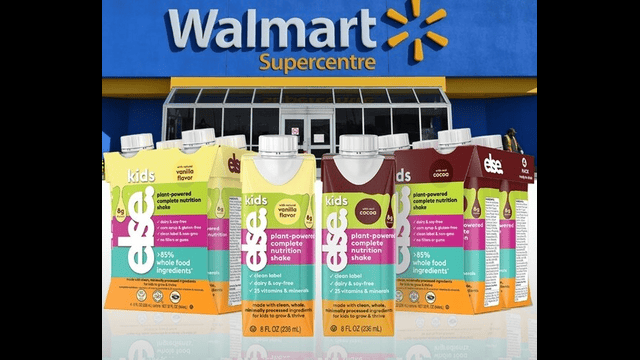
Pistachios have been a beloved snack since ancient times
Pistachios have been a favorite snack for millennia, dating back to 6,750 BCE, and remain wildly popular today despite challenges during the pandemic. Their global market has surged to $4.7 billion and is set to near $6 billion by 2029.
Pistachios, known for their unique taste and the satisfying ritual of cracking open their shells, offer numerous health benefits that have caught the attention of health-conscious consumers.
What exactly are pistachios? Pistachios are shelled nuts celebrated for their earthy, nutty, sweet, or buttery flavor. They belong to the cashew family and grow on Pistacia vera trees, which can soar up to 30 feet high and live over 300 years.
Originally from Central Asia, pistachios are now cultivated in the US, Iran, Turkey, Greece, and Syria, with California producing most of the world's supply. These trees take about 15 years to reach peak production and can yield nuts for over 40 years once matured.
Are pistachios healthy? Beyond their delightful taste and enjoyable shelling experience, pistachios are a powerhouse of nutrients. They contain calcium, iron, magnesium, phosphorus, zinc, vitamins C, B6, K, and more.
"Pistachios are packed with nutrients, especially protein," says nutritionist Amy Goodson. A cup of shelled pistachios delivers nearly 25 grams of protein, vital for muscle strength, bone health, and overall body maintenance. "Their high protein content also promotes fullness and aids in weight management," adds dietitian Kristen Smith.
Pistachios excel in fiber content too, offering about 8 grams per ounce, notes Christine Palumbo. They are rich in plant compounds like lutein, zeaxanthin, anthocyanins, and vitamin E, which can improve cholesterol levels and benefit heart health.
Palumbo highlights their positive impact on glucose metabolism and insulin resistance, potentially guarding against chronic ailments such as cancer and heart disease.
Pistachios are also a valuable source of potassium, crucial for cellular function. A cup of shelled pistachios provides about 1,250 milligrams of potassium, similar to half a banana.
"They're also an excellent source of vegetable protein, boasting a full complement of essential amino acids," notes Smith. Research underscores their role in reducing inflammation and associated diseases.
Caloric considerations Despite their nutritional benefits, moderation is key. "Pistachios, like all nuts, are calorie-dense, so excessive intake can lead to weight gain," warns Goodson. A cup of shelled pistachios packs nearly 700 calories.
Goodson advises caution with salted varieties, which can spike sodium intake. Opting for unsalted or lightly salted options is advisable to manage sodium levels.
For those keen on incorporating pistachios into their diet, there are diverse culinary possibilities beyond snacking on them plain.
"Enjoy them straight from the shell or add chopped pistachios to rice pilaf, stir-fries, or baked fish and asparagus," suggests Palumbo. When consumed in controlled portions, pistachios can enhance both taste and health.















